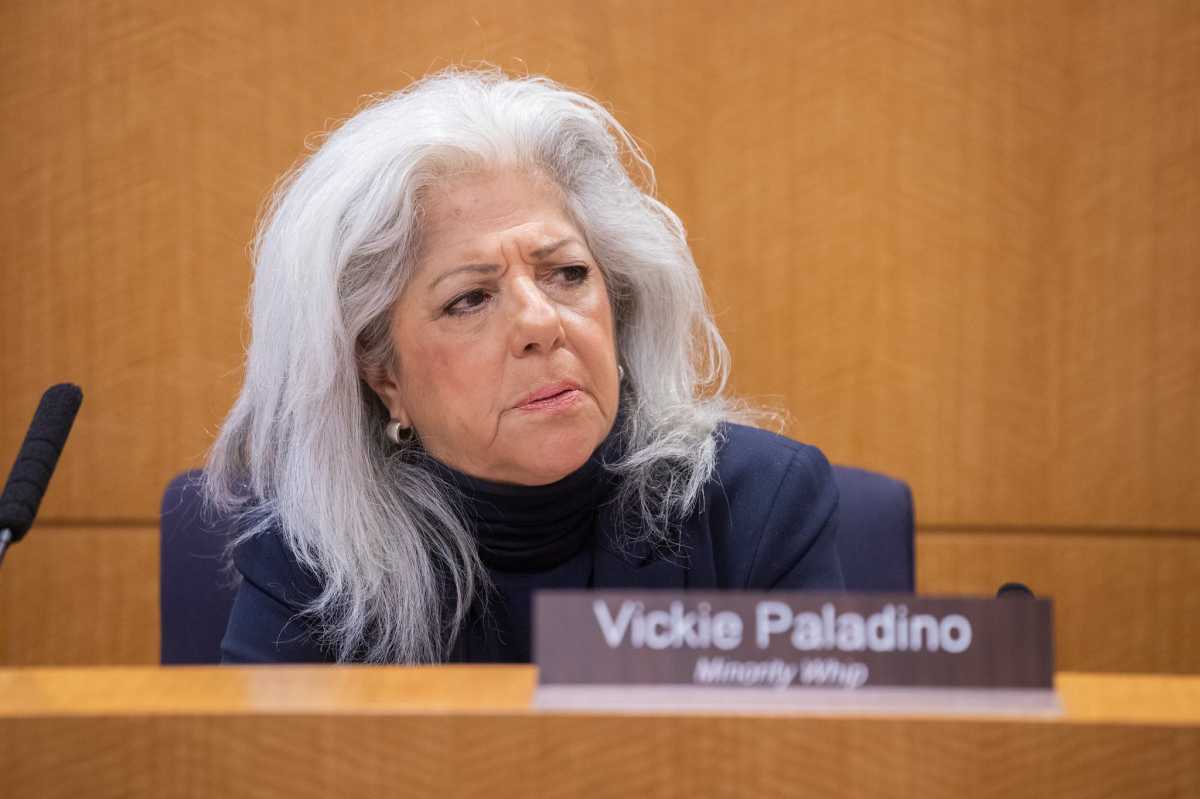For once, the public and law enforcement agencies all agree. They believe that Queens District Attorney Richard A. Brown has enough evidence in the Wendys murder to make an open and shut case for the death penalty.
However, under New York State law, there are many legal twists and turns facing prosecutors in a death penalty case. Prosecutors, in first degree murder cases, must conduct two, not one, trials. The first, to determine the guilt or innocence of the defendant; and the second, to determine the penalty in the event the defendant is found guilty.
However, there are also a long list of legal exceptions to the death penalty: "Thrill killers" or gang initiation murderers, for example, are immune from capital prosecution. Since May 1999, Governor George Pataki has sought to eliminate this legal exception. Similarly the law exempts defendants "acting under the influence of extreme emotional disturbance for which there was a reasonable explanation or excuse."
The Queens grand jury, which began its hearings last Thursday, has already heard and seen mountains of incriminating evidence, ranging from physical evidence, to sharp-eyed witnesses, and topped off by videotaped and written confessions by the two defendants.
They have also viewed other incriminating videotapes made by the stores security camera, which physically places the defendants at the scene of the crime at the time that it was committed:
It shows them walking into the Main Street fast food store just before 11 p.m. on May 24, as the workers were preparing to close shop.
The security tape also shows the six employees going and to the basement where they were eventually shot.
Under Sec. 125.27 of the State Penal Law, a person is guilty of murder in the first degree when intentionally causing the death of a person while in the course of robbery or burglary.
In addition to the existence of aggravating factors, DA Brown must also routinely consider a host of mitigating factors during the 120 days following the Grand Jurys decision, says veteran criminal attorney Victor Knapp.
These mitigating factors, said Knapp, include whether the crime involved a defendant who was drug or alcohol dependent, had recurring mental problems, committed a spur of the moment or premeditated criminal act, or even has not had past history of violence.
A key aspect in the defendants attorneys representation, said Knapp, could be their conferences with the Queens District Attorney, At these critical meetings, the defense team can present the mitigating factors which they believe could persuade the DA not to seek the death penalty. For example, the DA might be persuaded if they present strong evidence to prove that their client was acting under duress or dominance of another person, or that their clients role in the crime was relatively minor.
Despite this opportunity to present mitigating circumstances for their clients, defense attorneys are acutely aware that aggravating factors may outweigh mitigating factors.
Sitting in his Queens Boulevard offices, Knapp pointed out that New York States death penalty law was still not absolute. "Under the law," he declared, "if a jury is not unanimous with respect to a sentence of death or life imprisonment, a person convicted of first-degree murder may receive an indeterminate sentence and become eligible for parole after serving a minimum of 20 years in a state prison."
Late last month, DA Brown, who has for years expressed his personal distaste for capital punishment, declared that before he asked a jury to consider a sentence of death that he would "thoroughly and scrupulously investigate and evaluate all of the facts and circumstances surrounding the crime not simply the callousness and brutality of the crime."






























